New Mexico
governor Bill Richardson has clearly been a friend to LGBT
people, promoting a domestic-partner bill in his state and
backing a number of line items on the "gay agenda,"
including the repeal of "don't ask, don't tell," a
rollback of the federal Defense of Marriage Act, and
an end to immigration blocks against binational
same-sex partners.
Yet his
performance on the stump has been rife with controversy,
from his use of a Spanish term for "f****t" last year
to his comment on last week's Logo debate that
homosexuality is a "choice."
The "choice"
remark drew immediate condemnation from activists and
bloggers, obliging the candidate to offer an apology and an
explanation (he was tired) the following day, when he went
personally to The Advocate's Los Angeles office
and spoke with news editor Kerry Eleveld.
Overlooked in the
hoopla, however, was an inexplicable misstatement
during the debate, one that arguably should have triggered a
far greater outcry than the comment about choice. When
asked about his 1996 House vote in favor of the
Defense of Marriage Act, Richardson told the panel:
"Well, I was the
chief deputy whip of the Democrats at the time.
President Clinton was president. And at the time the
objective in passing DOMA was to fight a huge assault
for a constitutional amendment in the Congress to ban
marriage. It was sort of a cheap political way to
decimate a bad initiative."
This was simply
not the case.
The Federal
Marriage Amendment, which failed to advance after
congressional votes in 2004 and 2006, did not exist in 1996.
No one had proposed it. No one had discussed it. No
one had even thought of it, and it certainly was not a
factor in the passage of DOMA.
The brainchild of
Matt Daniels, founder of the Alliance for Marriage, the
amendment was first suggested in 2001, when the idea fell on
deaf ears. It was only after the Massachusetts supreme
judicial court legalized same-sex marriage in its 2003
ruling that the amendment won solid support within the
Republican Party.
It's true, as
Sen. Hillary Clinton noted when it was her turn on the hot
seat, that DOMA was eventually trotted out as a key talking
point in the fight over the amendment in 2004 and
2006, when opponents could make the argument that the
amendment was "unnecessary," thanks to the federal
law.
"I don't know
that we could have defeated [the amendment] if we had
not had DOMA," Clinton said last week. "That, if anything,
has provided great protection against what was clearly
the Republican strategy...to just cynically use
marriage as a political tool."
Clinton (who also
calls for the repeal of DOMA's federal ban on
recognizing same-sex couples) appeared to be justifying DOMA
after the fact, a stance that most activists would
find hard to swallow.
But unlike
Richardson, the former first lady did not link the original
legislation to a showdown eight years in the future, a
contest that had yet to be imagined by anyone on
either side of the issue. Richardson's false memory of
these fairly recent events is difficult to explain. (Ann
Rostow, Gay.com)












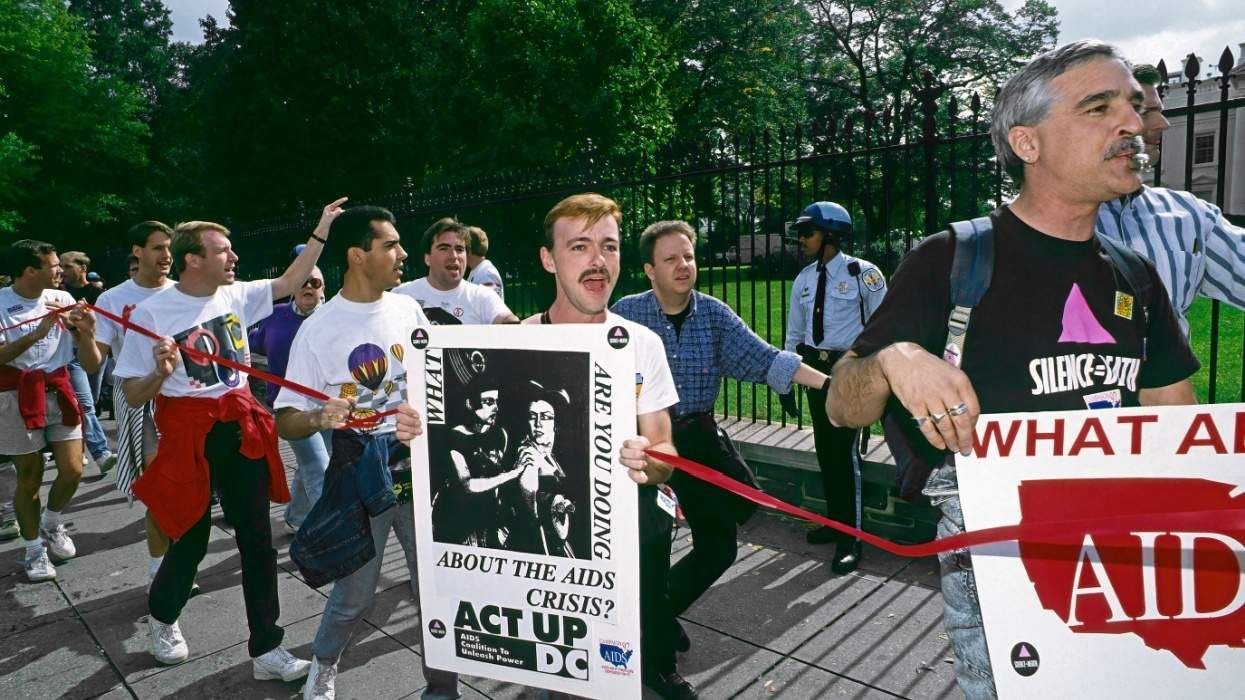
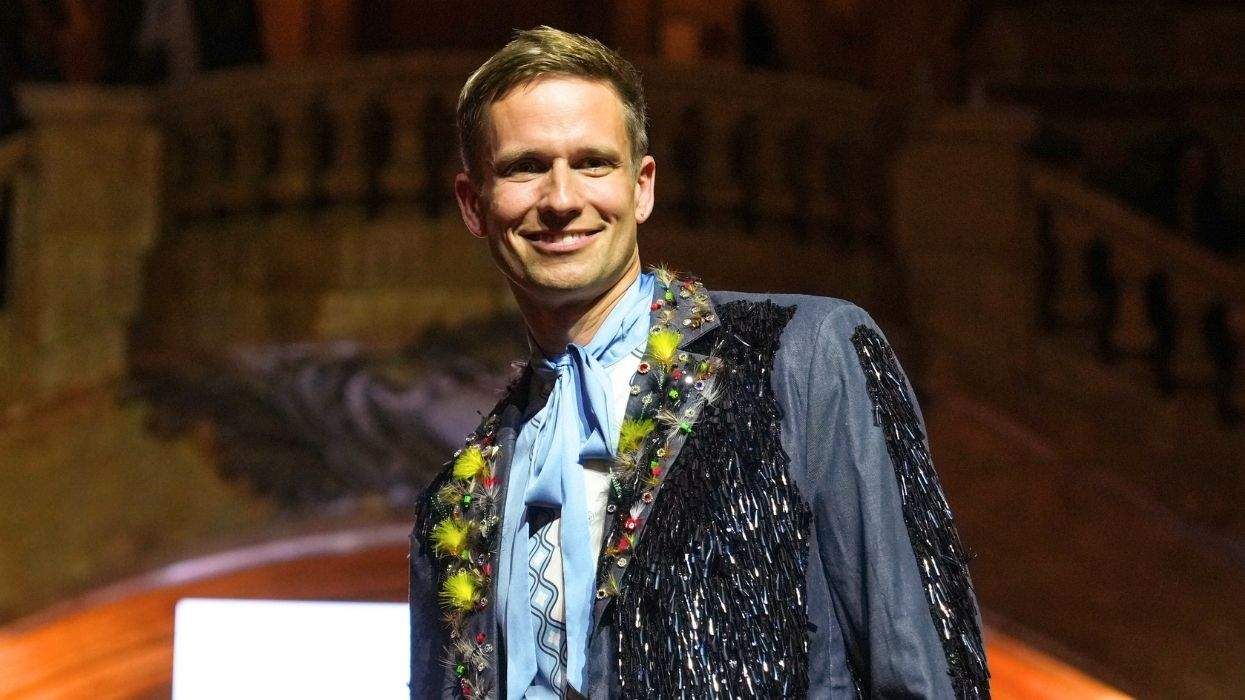
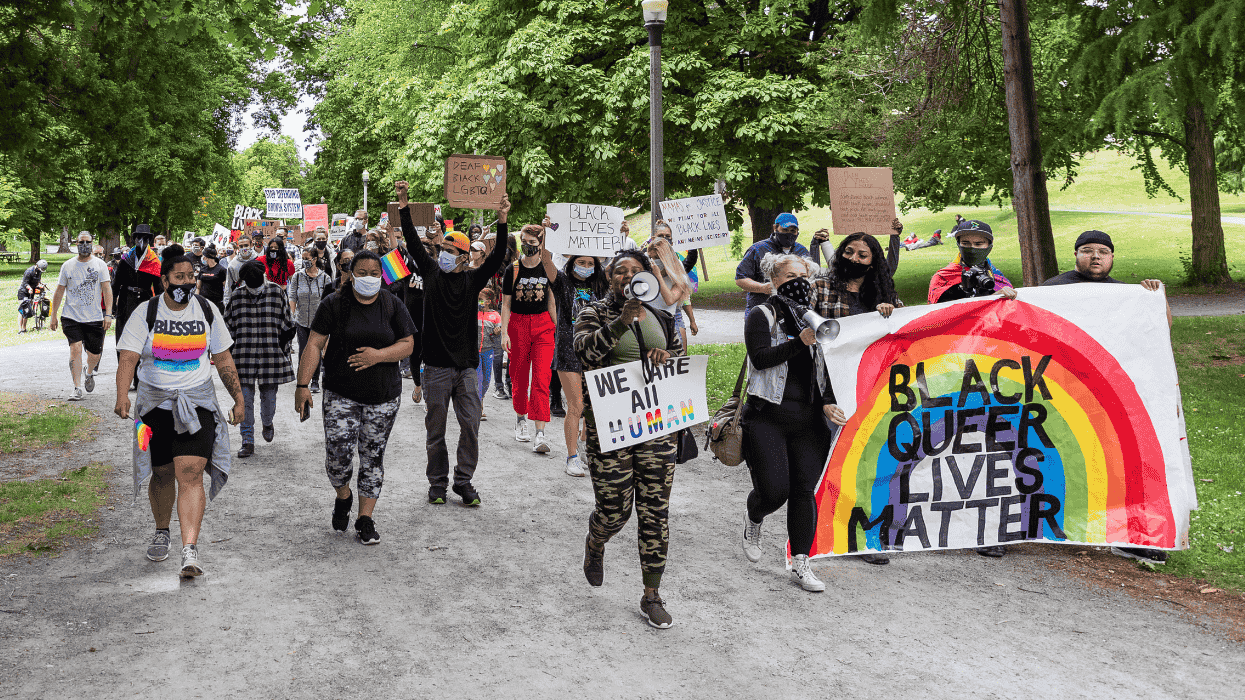
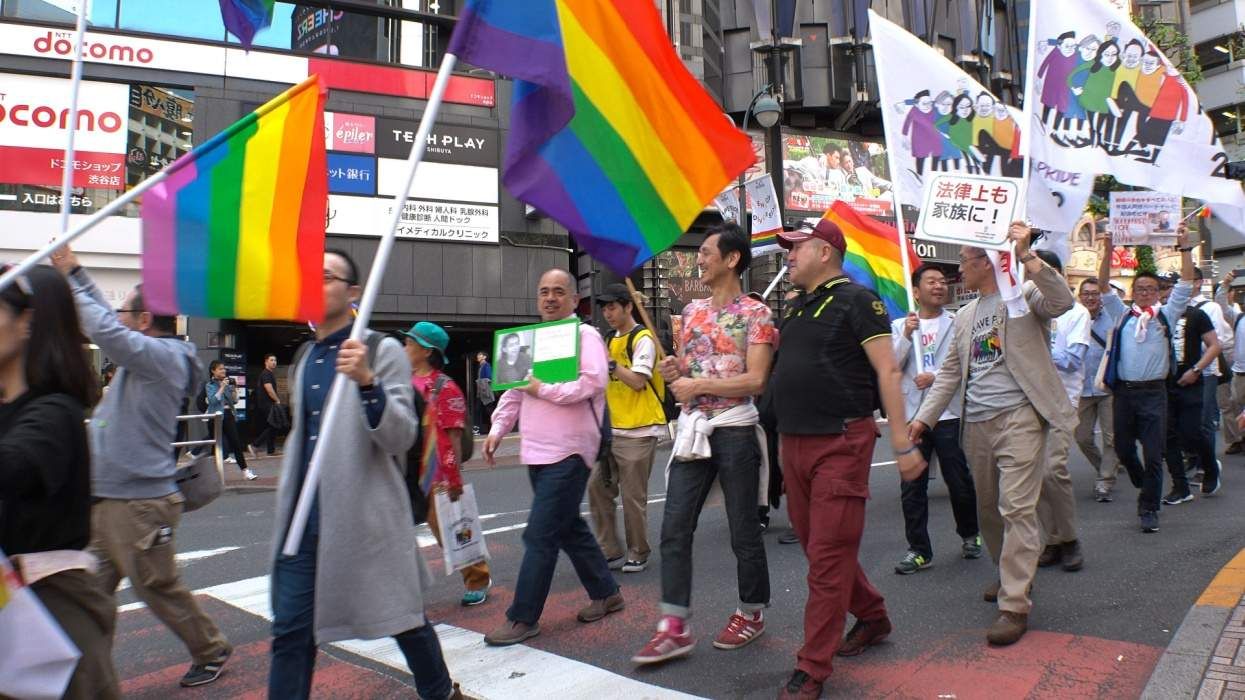


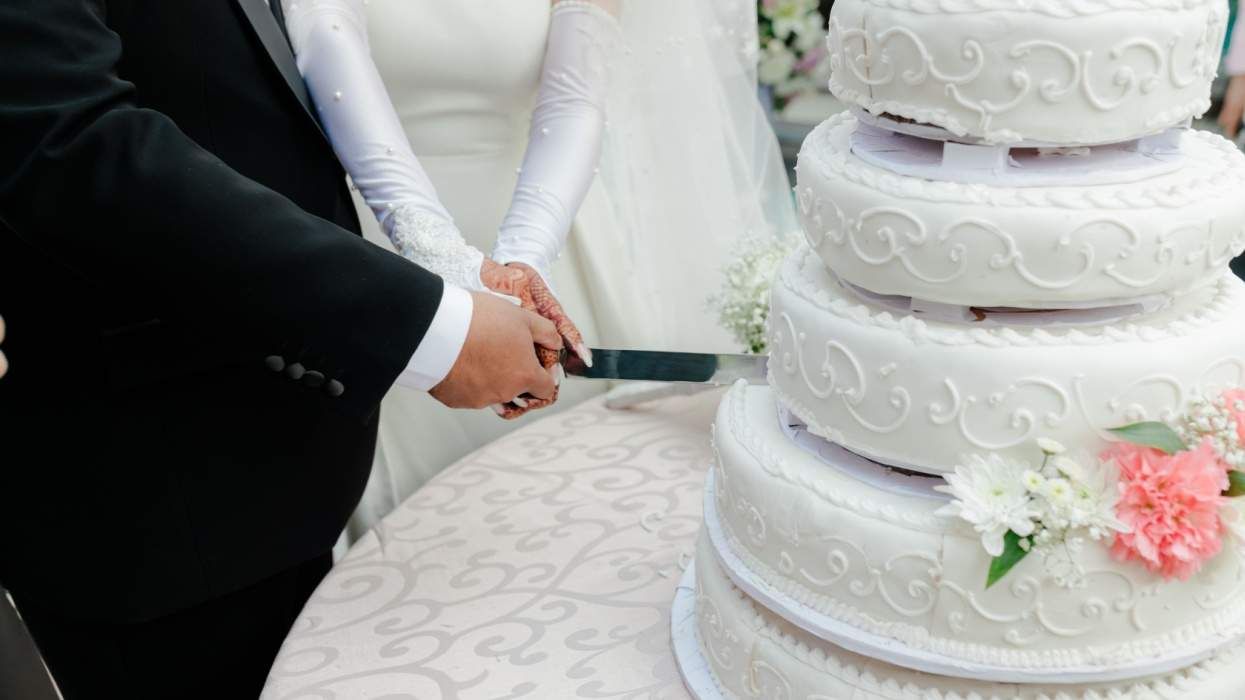
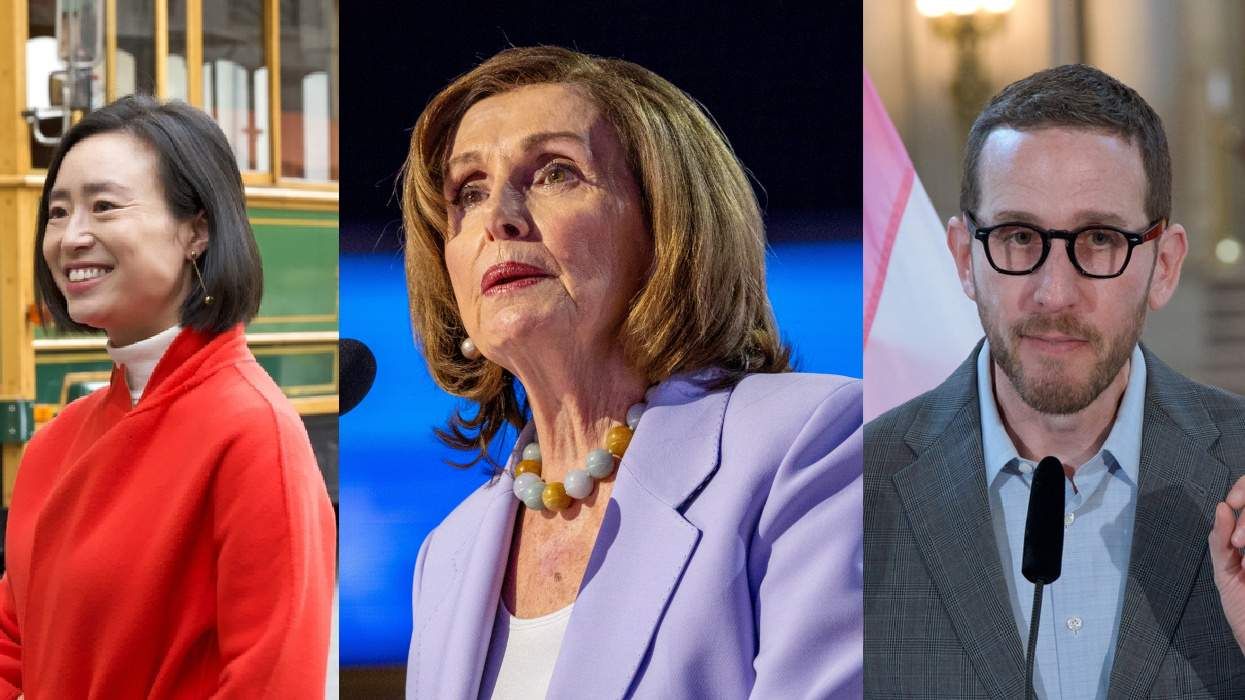
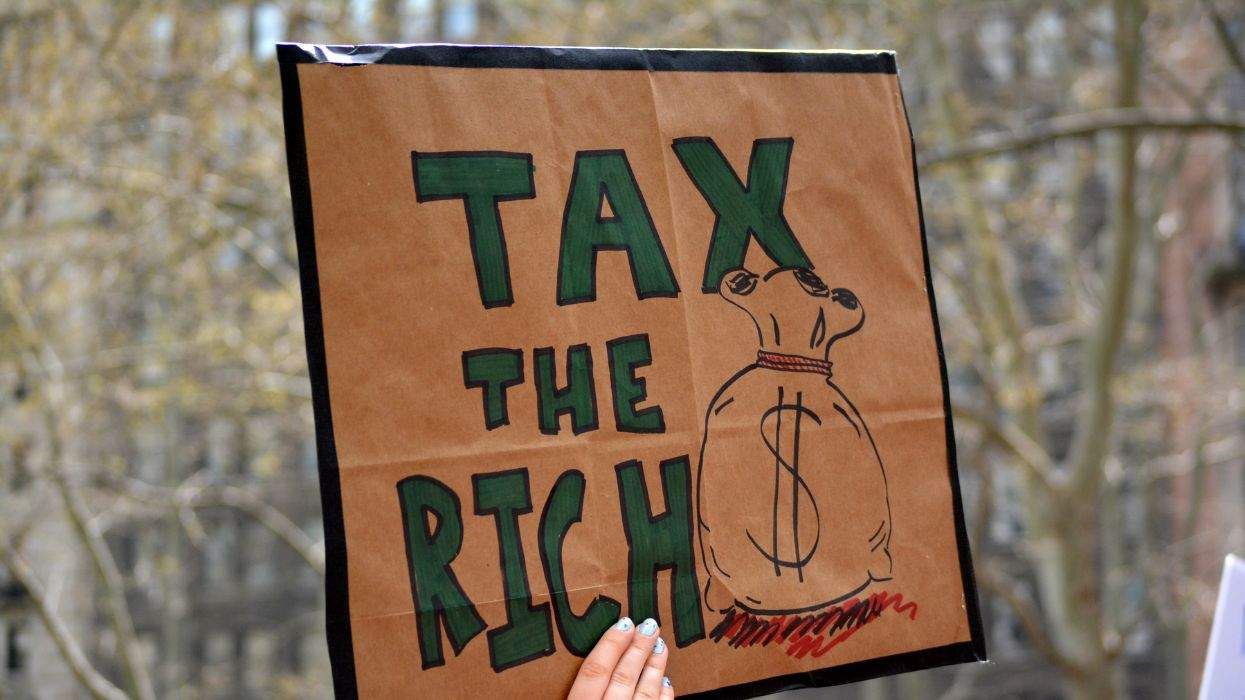
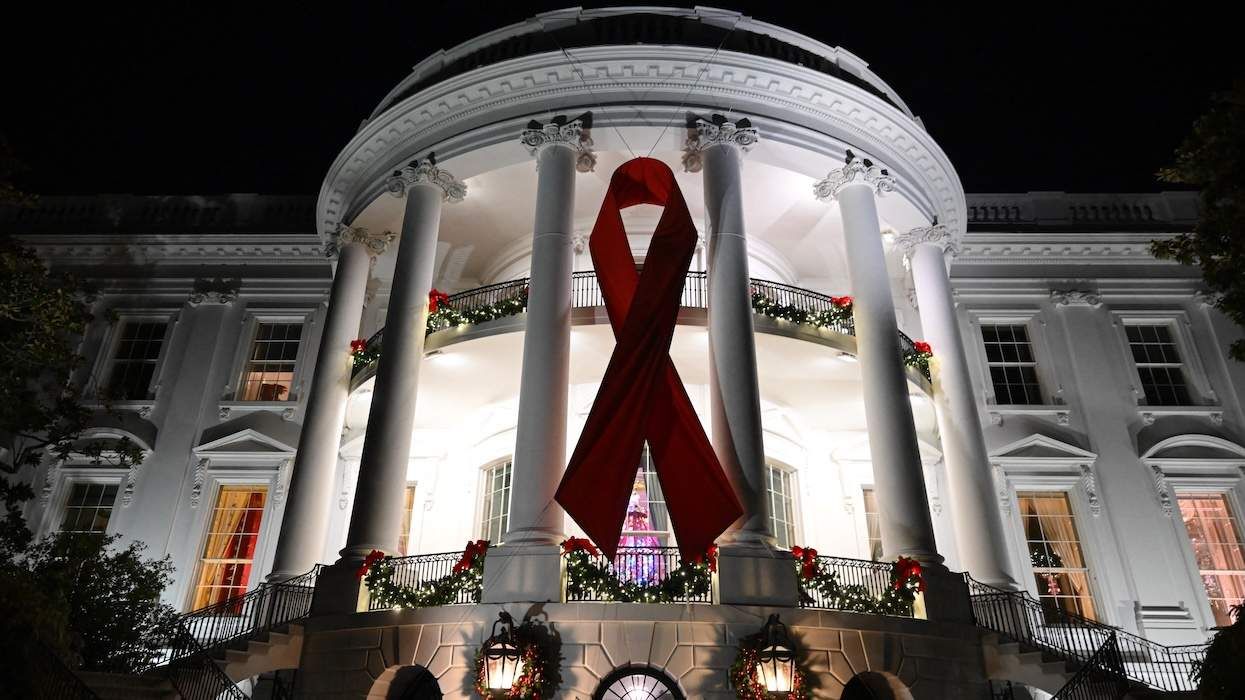
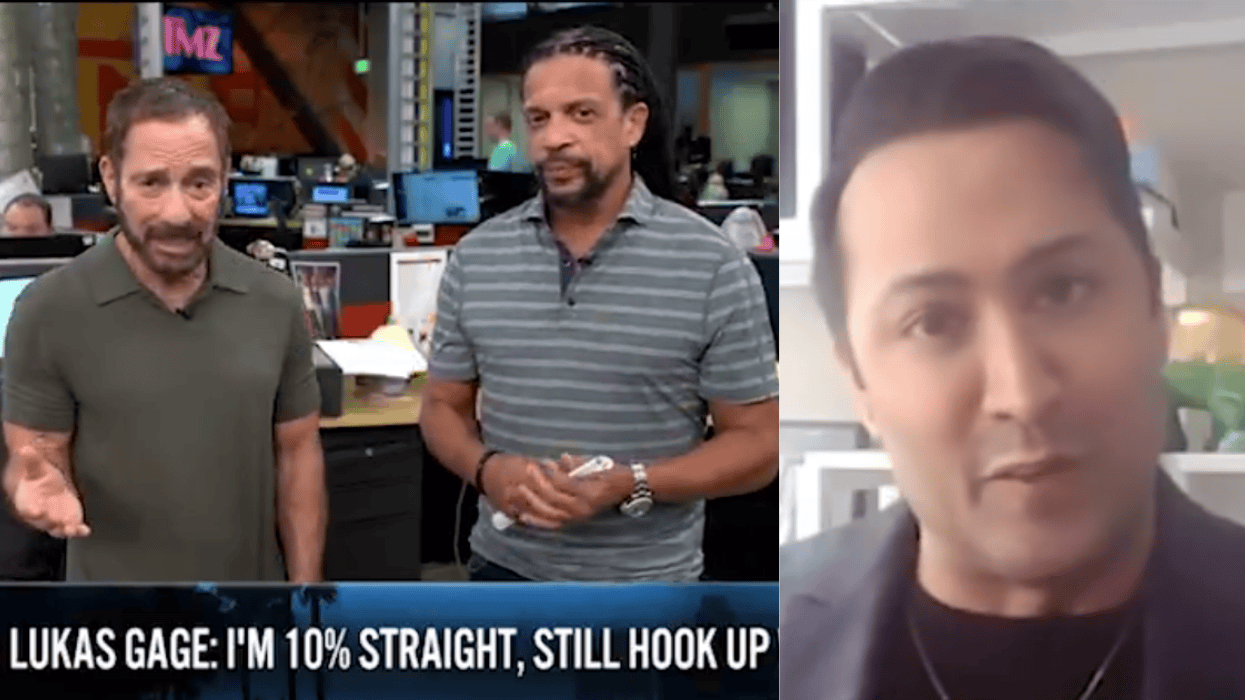
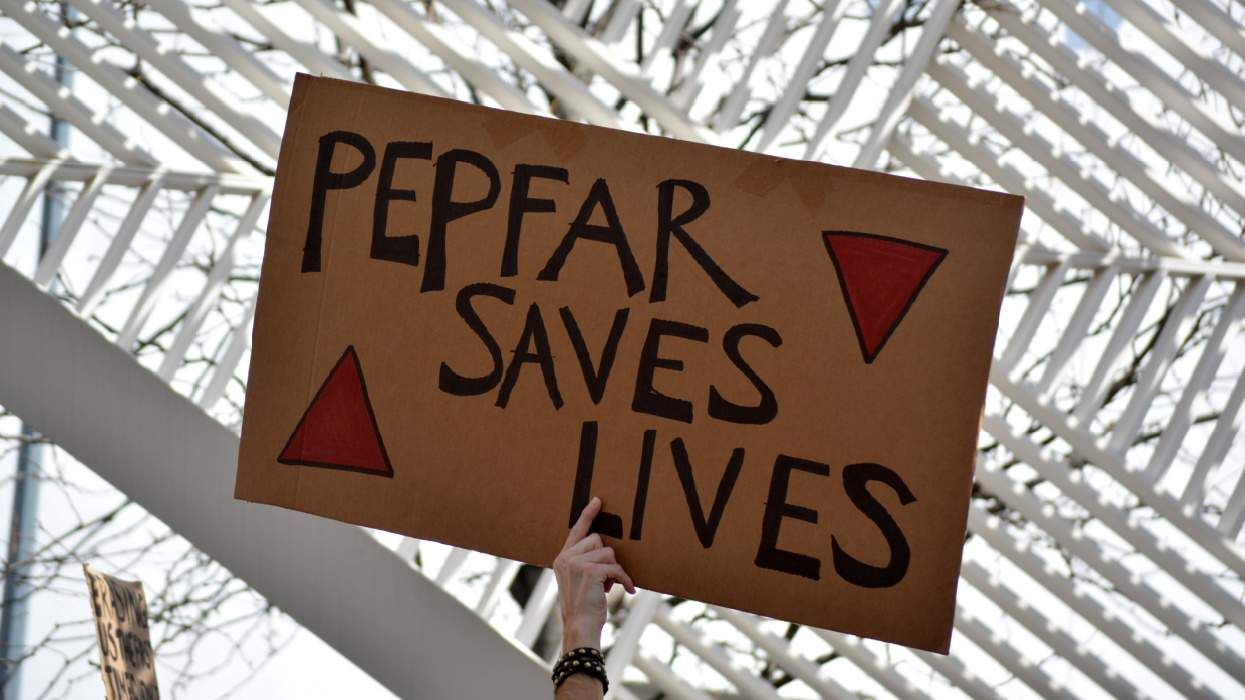
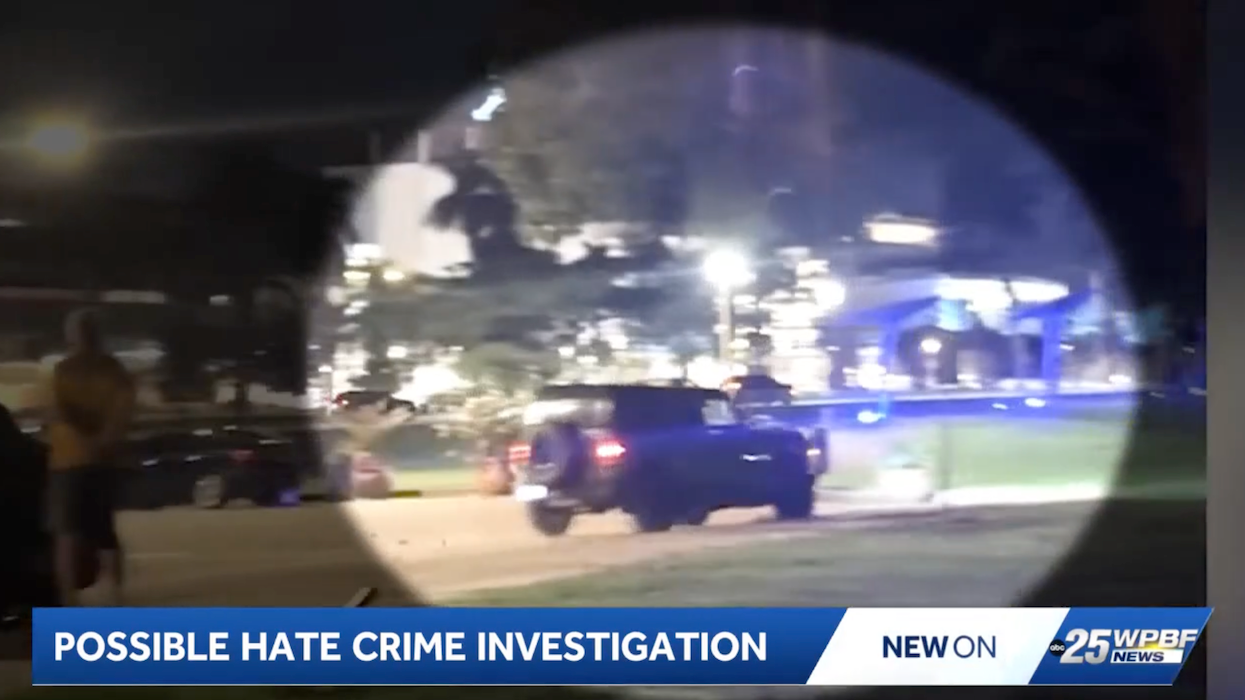
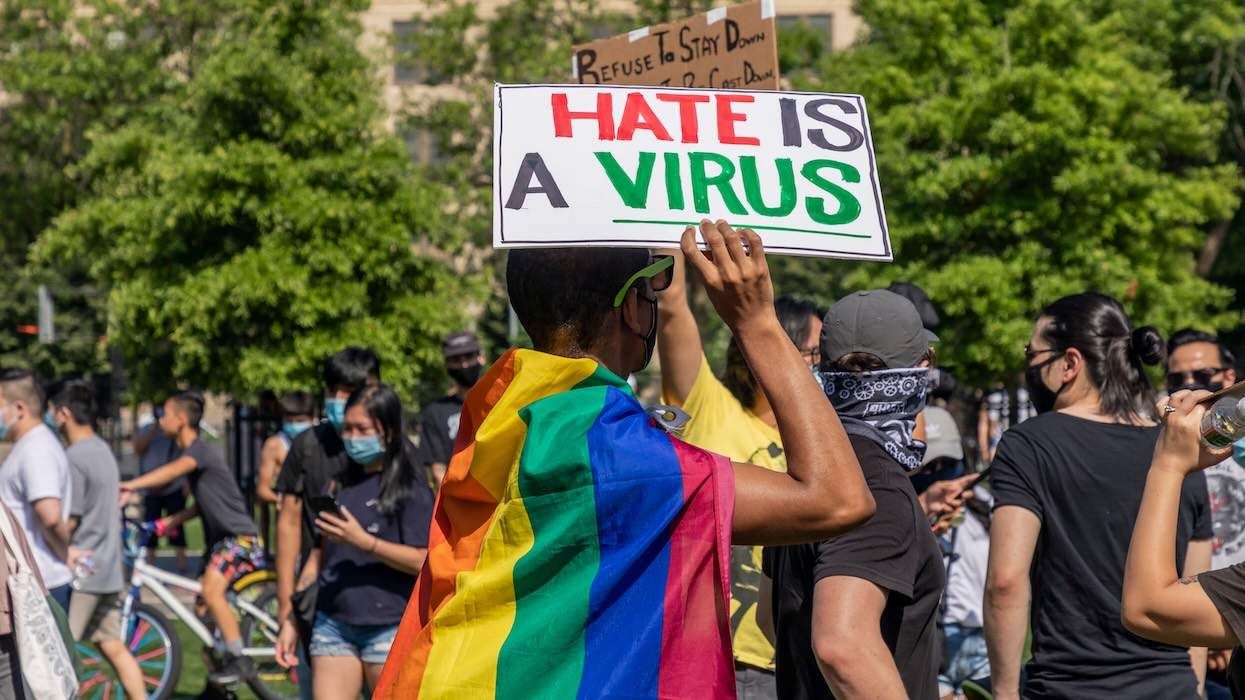











































Charlie Kirk DID say stoning gay people was the 'perfect law' — and these other heinous quotes